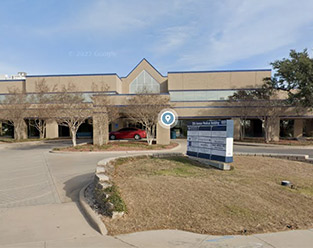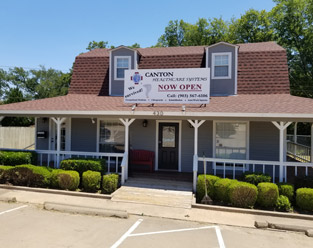Why It’s More Dangerous Than Inflammation In Other Parts of Your Body
 You sprain your ankle and what’s one of the first things that happens? It swells up like a balloon, leaving the joint stiff and tender. That’s because your body is sending more fluid and white blood cells into the site of the injury. In medical terms, it’s known as an edema, and it typically makes it difficult to use that part of your body, helping facilitate healing. In most instances, with rest, ice, compression and elevation (the RICE treatment), the swelling will recede within a short period of time.
You sprain your ankle and what’s one of the first things that happens? It swells up like a balloon, leaving the joint stiff and tender. That’s because your body is sending more fluid and white blood cells into the site of the injury. In medical terms, it’s known as an edema, and it typically makes it difficult to use that part of your body, helping facilitate healing. In most instances, with rest, ice, compression and elevation (the RICE treatment), the swelling will recede within a short period of time.
When you suffer any type of injury to your head/brain, your body can produce the same response, but it can be far more dangerous. Because your brain is encased in your skull, there’s a limited amount of room to allow for swelling or inflammation. With a brain edema (also known as a “cerebral edema”), excessive swelling will lead to increased pressure inside your skull (referred to as “intracranial” pressure, or ICP). This can pose a number of serious health risks:
- The pressure may prevent blood from flowing to your brain. Because your blood provides oxygen to your brain cells, this can prevent your brain from functioning properly. Significant loss of oxygen to your brain, known as hypoxia, can lead to permanent brain damage or even death.
- Swelling or inflammation can prevent other fluids from leaving your brain, increasing the potential swelling
The Symptoms of Brain Swelling
A swollen ankle is easy to spot—swelling on your brain provides no visual cue. Here are the symptoms of inflammation or swelling in your brain:
- Headaches
- Nausea or vomiting
- Memory loss
- Dizziness or vertigo
- Irregular breathing
- Neck pain or stiffness
- Vision loss or changes
Contact Us to Set Up an Appointment
At Advantage Healthcare Systems, we have extensive experience working successfully with individuals who suffer any type of concussion, TBI or traumatic brain injury. Call us toll-free at 1-877-487-8289 or fill out the form provided below to schedule an assessment. We offer locations across Texas, including Fort Worth, Dallas and San Antonio.





